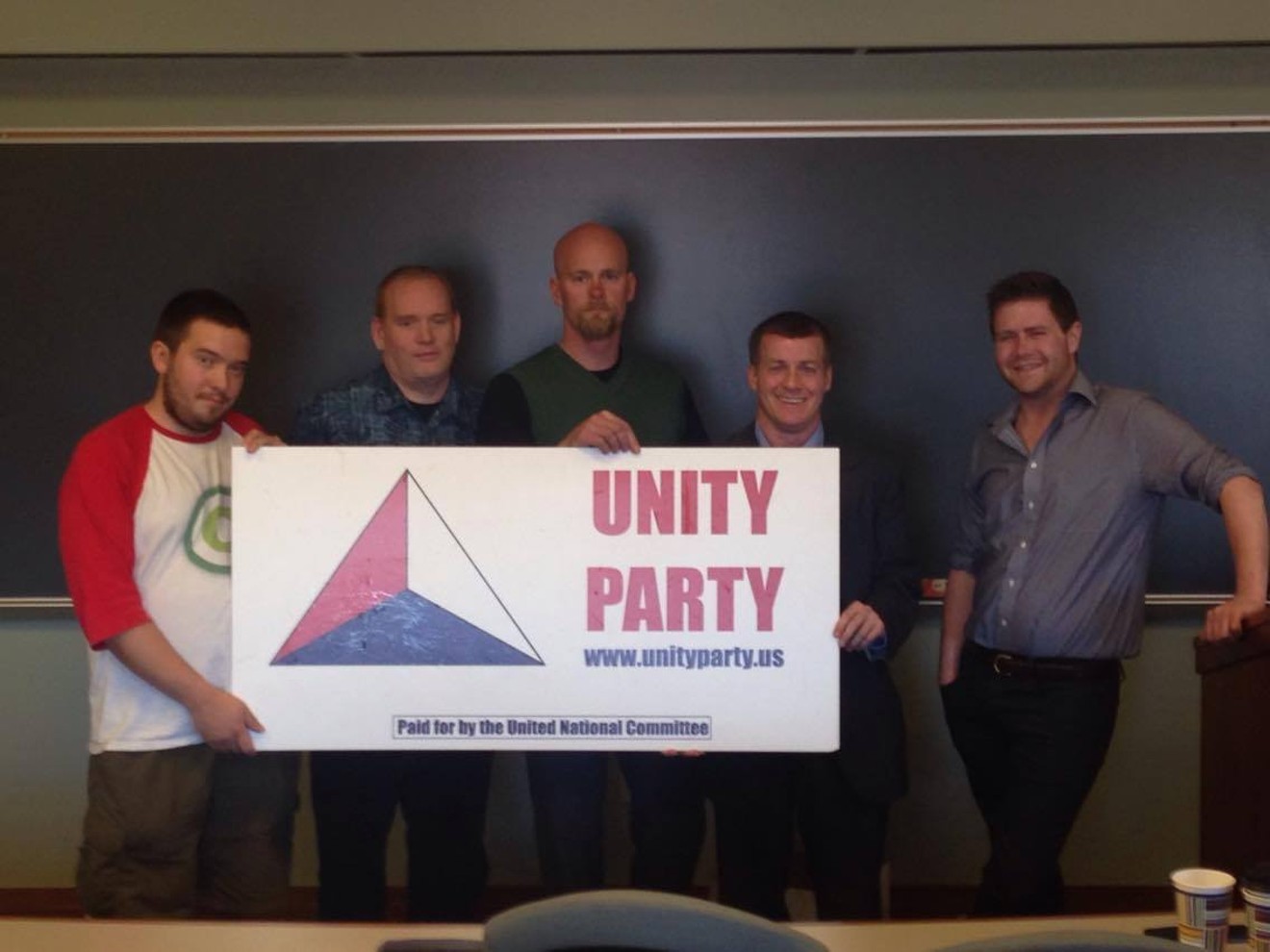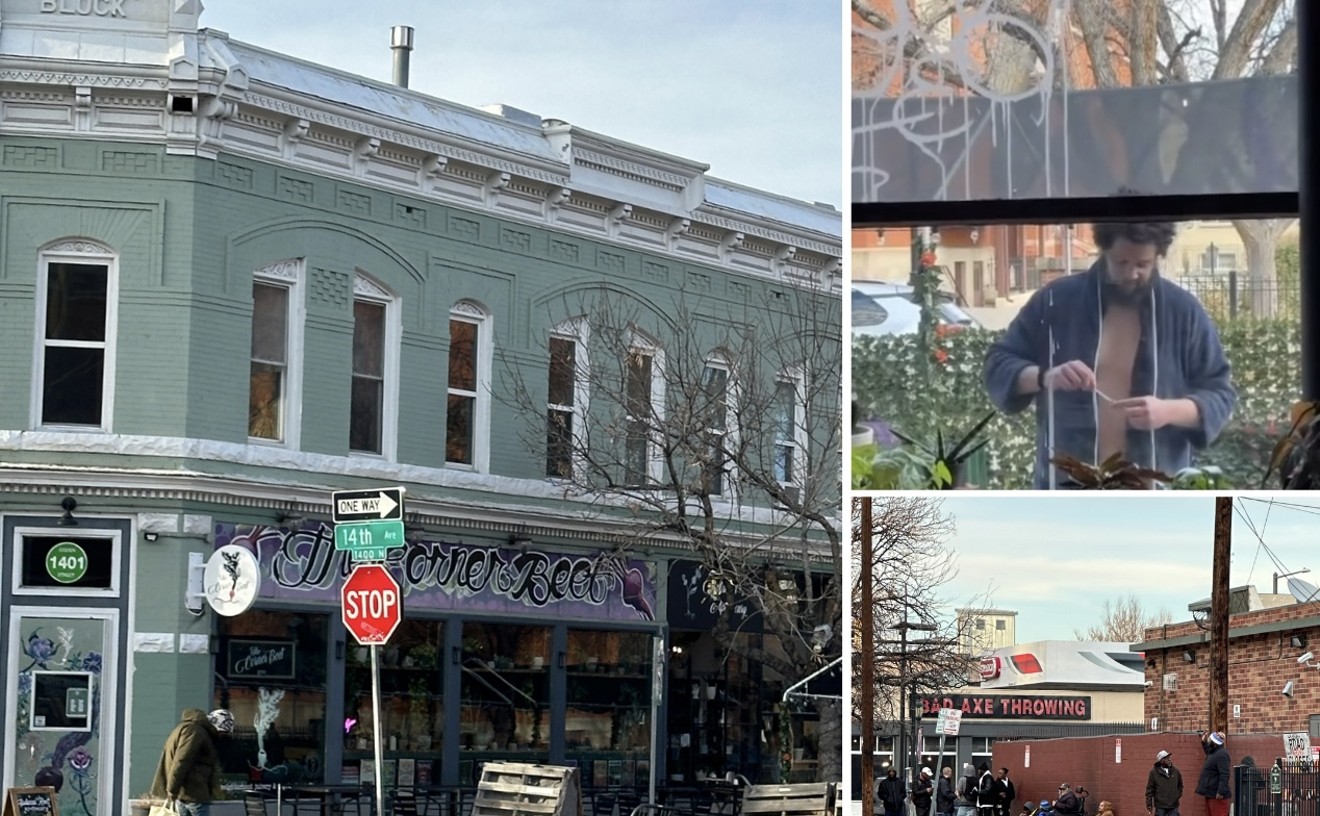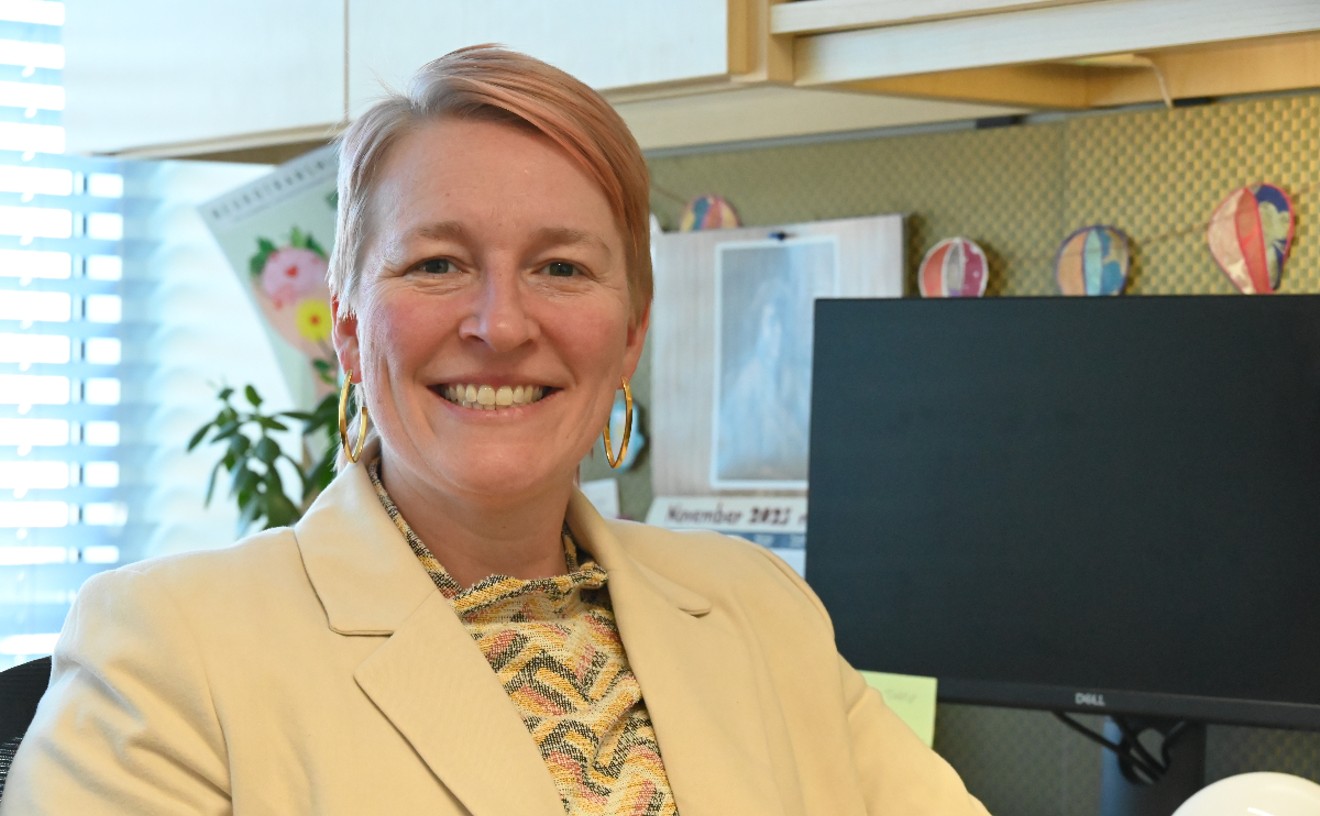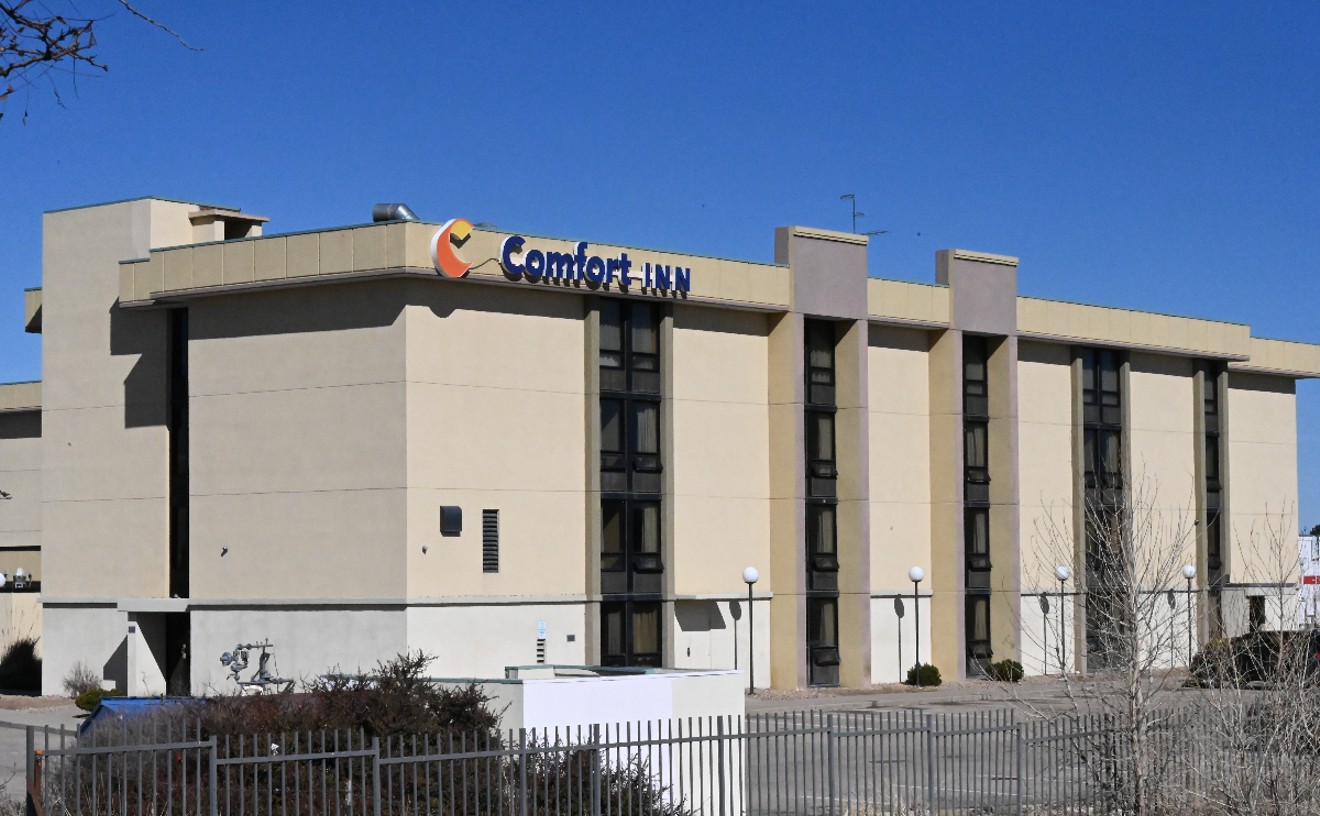Independence has always been popular in Colorado. In May, Secretary of State records showed that there were nearly 1.18 million active voters registered as unaffiliated with any party, over 100,000 more voters than were registered with either the Republican or Democratic party. The national Libertarian Party was officially formed in Colorado Springs in 1971, and now enjoys minor-party status in the state alongside the Green Party and the American Constitution Party; former governor Dick Lamm even ran as an independent candidate for president.
On June 5, Colorado marked another independent milestone. The relatively young Unity Party surpassed the 1,000-registered-voter tally to qualify as an official minor party. That means the party is now able to place its candidates onto the general election ballot by primary or assembly, as well as petition.
"We're a centrist party," explains Bill Hammons, founder and current chairman of the Unity Party. "We believe in common sense."
Hammons, who grew up in Texas, volunteered for Bill Clinton's campaign when he was in high school. But even then, he remembers, he was starting to feel dissatisfied with both the Democratic and Republican parties.
He studied English literature at NYU, and then, after working for Newsweek for seven years, he piled everything he couldn't sell into a rented van and drove to Colorado from Manhattan. "I came for the recreational running, actually," explains Hammons, who ran in several marathons (and ultra-marathons) when he was younger. Combining his interest in politics with running, he worked with Runners for Clark during Wesley Clark's 2004 presidential campaign; that effort morphed into Unity Runners and then the Unity Party, which he founded in 2004. "I wrote the original platform myself," says Hammons.
The platform has grown extensively since then; the party's major missions involve fighting for balanced budgets, pushing for federal term limits and outlawing political gerrymandering. With such "common-sense" goals, Hammons sees the party as a particularly viable alternative to the political polarization engulfing the country since the last general election. "There's a direct correlation between what's been happening since 2016 and our party's growth," he says. "Last fall, we had about 500 voters affiliated with the party leading up to the general. In the last nine days of the election, we saw a 50 percent increase in voter registration."
Today, Hammons sees registration for the party spike "every time there is trouble in Washington," he notes. The recent testimony of ex-FBI chief James Comey before the Senate Intelligence Committee is just the latest incident that Hammons hopes will push voters to register with Unity.
Hammons ran for Congress as a Unity Party candidate in 2010 and 2012 but lost to Jared Polis; he also petitioned onto the ballot for the U.S. Senate race in 2014 and 2016. With the Unity Party now having minor-party status, he's looking forward to no longer having to petition his way onto a ballot. He plans to join the 2018 gubernatorial race and aims to garner 10 percent of the statewide vote, which would bump the Unity Party from minor- to major-party status. That's not an impossible goal: In the 2010 gubernatorial race, when the Republicans nominated Dan Maes, he barely captured 10 percent of the vote, and the Republican Party could have been bumped down to a minor party.
With so many voters disillusioned with major parties, "I don't see support dropping," says Hammons. "I believe we will continue to experience growth for the foreseeable future –– and by that, I mean for decades and decades."
[
{
"name": "Air - MediumRectangle - Inline Content - Mobile Display Size",
"component": "12017618",
"insertPoint": "2",
"requiredCountToDisplay": "2"
},{
"name": "Editor Picks",
"component": "17242653",
"insertPoint": "4",
"requiredCountToDisplay": "1"
},{
"name": "Inline Links",
"component": "18838239",
"insertPoint": "8th",
"startingPoint": 8,
"requiredCountToDisplay": "7",
"maxInsertions": 25
},{
"name": "Air - MediumRectangle - Combo - Inline Content",
"component": "17261320",
"insertPoint": "8th",
"startingPoint": 8,
"requiredCountToDisplay": "7",
"maxInsertions": 25
},{
"name": "Inline Links",
"component": "18838239",
"insertPoint": "8th",
"startingPoint": 12,
"requiredCountToDisplay": "11",
"maxInsertions": 25
},{
"name": "Air - Leaderboard Tower - Combo - Inline Content",
"component": "17261321",
"insertPoint": "8th",
"startingPoint": 12,
"requiredCountToDisplay": "11",
"maxInsertions": 25
}
]













